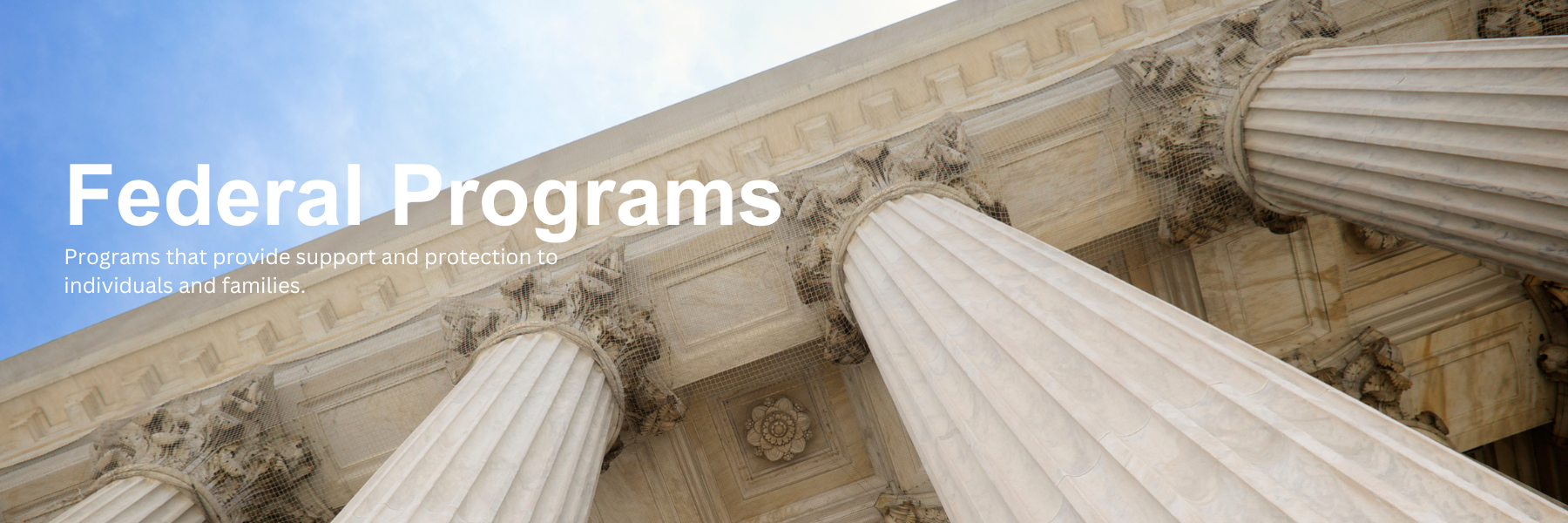Disclaimer
This site provides general information about the benefits provided under your employer’s benefit plan(s) based on information provided by your company. Gallagher makes no guarantees regarding the accuracy or reliability of this information. The information on this site does not include all the terms, coverage, exclusions, limitations, and conditions contained in the official Plan Document(s), applicable insurance policies, and contracts (collectively, the “plan documents”), it does not address all the specific issues which may be applicable to you, and it should not be construed as, nor is it intended to provide, legal advice. To the extent that any of the information contained on this site is inconsistent with the plan documents, the provisions set forth in the plan documents will govern in all cases. If you wish to review the plan documents or you have questions regarding specific issues or plan provisions, you should contact your company’s Human Resources/Benefits Department.
This site may contain links to websites of other parties not owned or controlled by Gallagher. Gallagher is not responsible for the policies of other website owners or the accuracy of content contained on those other websites. Links to other websites do not constitute or imply endorsement by Gallagher of those websites, any products or services described on those websites, or any other material contained in them, and Gallagher is not liable, directly or indirectly, for any damage or loss relating to your reliance on or use of such sites.




